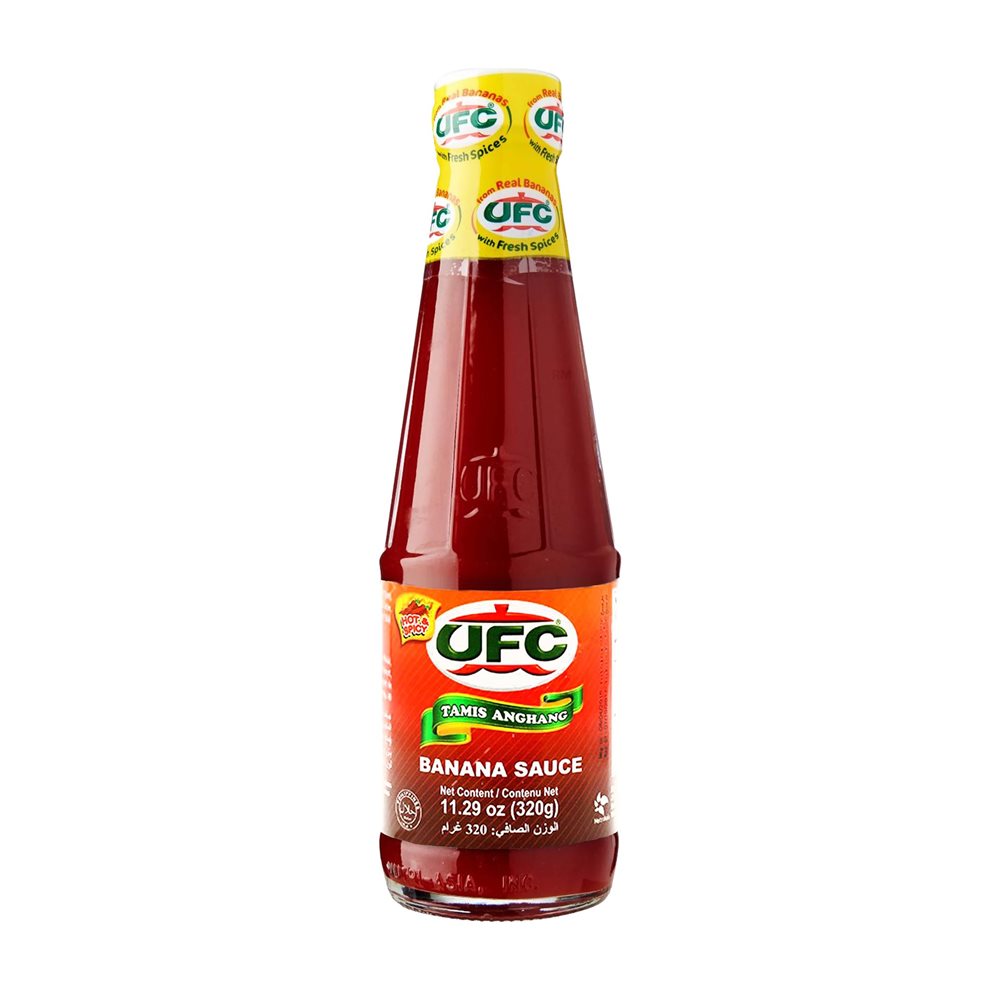How to Buy and Export Sauces and Seasonings from Kenya
How to Buy and Export Sauces and Seasonings from Kenya
The food industry has seen a major growth in demand for products that are healthy and natural. The market for specialty food products is growing as consumers become more aware of the ingredients in their packaged foods and fast-food meals. There is also an increasing demand for organic, vegan, and gluten-free food items, as well as locally sourced produce. As a result, many small businesses have entered the food manufacturing sector to meet this growing demand. The production of specialty sauces and seasonings is one such segment of the food processing industry that has grown in recent years. There is a high demand for these products because most people don’t use them frequently enough to stock their pantry at home. If you want to start your own business or expand your current operation by entering into new markets, learning about the different opportunities available can help you make an informed decision about which one will suit your needs best.
Export of Sauces and Seasonings from Kenya
Kenya is a major producer of spices and herbs, and the country has long exported various food products that are are used to season and flavor food. In fact, Kenya is one of the largest exporters of spices in the world. The Kenyan food industry is a thriving sector and has attracted many domestic and international investors in the past few years. The country’s many strengths in the sector, such as its large agricultural industry, favorable climate for growing produce, and availability of raw materials, make it an ideal location for food manufacturing. In addition, the country is strategically located in a region with a high demand for spices and other food items that are used to season meals. This means that any company looking to export food products can easily find customers in the region.
The Food Manufacturing Sector in Kenya
The food industry in Kenya is expected to grow in the coming years as more people become aware of the health and nutritional benefits of consuming quality food and beverages. The food and beverages industry generates approximately KES 193 billion in annual revenues and employs over 1.3 million people in Kenya. The main sub-sectors of the food industry include the production of dairy products, beverages, confectionery and bakery products, meat, fish, and seafood processing, and the cultivation and harvesting of spices and other herbs. Most food processing companies in Kenya produce staples such as flour, cornmeal, oatmeal, and rice, but there is also a growing niche for specialty products. For example, many companies have started producing snacks, baked goods, cereals, and other items that contain healthy ingredients. Others are producing beverages that are formulated with the right ingredients to promote good health, such as sports drinks and low-sugar soft drinks.
Exporting Process for Sauces and Seasonings
Exporting food products from Kenya is a straightforward process since most of the country’s produce is already approved for shipment to international markets. For example, all food items that are manufactured in Kenya are required to meet the country’s strict food safety regulations. This means that you don’t have to worry about finding suppliers who can provide the right ingredients for your products. However, you will have to meet certain requirements before you can export your products to other markets. In most cases, you will have to obtain a food production license to begin with, and may also have to apply for other required licenses and permits. You should also consider hiring a food safety consultant to help you thoroughly review your company’s operations. This will allow you to identify any areas that need improvement and take steps to correct them.
Pros of Exporting Food Products from Kenya
There are many advantages to exporting food products from Kenya. In fact, the food industry is one of the most profitable sectors in which to manufacture products in the country. Most of the raw materials needed to manufacture food items in Kenya are readily available. For example, the country is one of the leading producers of coffee in the world, and coffee beans are often used to add flavor to baked goods, cereals, and other products. Other ingredients that are commonly used in the food industry, such as sugar and salt, are also produced in Kenya. This means that many companies can reduce their operating costs by purchasing these items locally.
Cons of Exporting Food Products from Kenya
Like any other industry, there are also some challenges associated with exporting food products from Kenya. The country’s food processing sector is under heavy government regulation, which can make it difficult for smaller businesses to compete on a global scale. Additionally, there is growing concern among consumers about what they eat and how it is produced. As a result, many importers are now looking for food items that are ethically sourced and produced with zero-waste in mind. For example, many importers require their suppliers to provide detailed information about their sourcing practices, such as the identity of the farmers who produce their raw materials. As a result, you must be prepared to meet these requirements before you can sell your products to importers around the world.
Conclusion
The food industry is a competitive market with many different opportunities available at every scale. If you are interested in starting your own food manufacturing business or expanding your current operation by entering into new markets, you should consider exporting food products from Kenya. This East African country has long been known for its production of spices and herbs, and is now a major exporter of food products. In fact, Kenya is one of the largest exporters of spices in the world. The country’s food processing sector is under heavy government regulation, which can make it difficult for smaller businesses to compete on a global scale. Fortunately, there is growing concern among consumers about what they eat, which means you must meet certain requirements before you can export your products to other markets.








LEAVE A COMMENT
You must be logged in to post a comment.